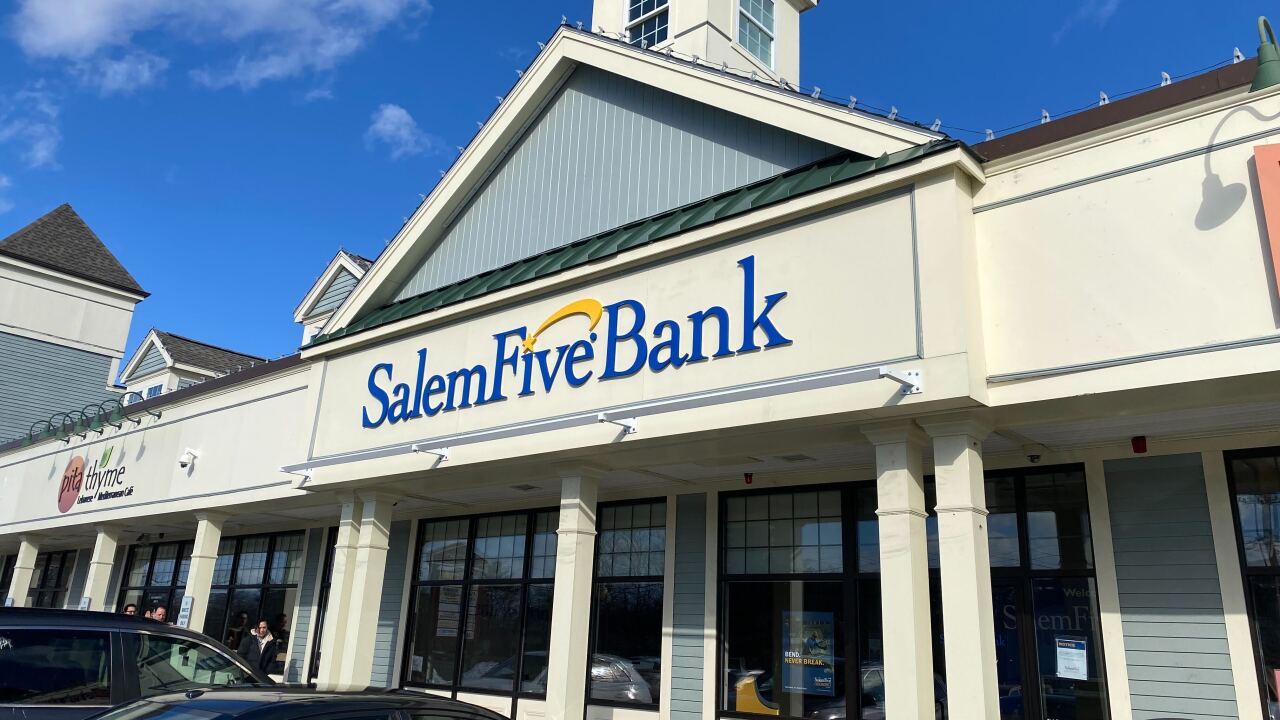Receiving Wide Coverage ...
To QE, or Not to QE: Wild stock market swings, unexpected volatility in the 10-year Treasury note, and emerging global crises ranging from the Ebola virus to unrest in the Middle East won't sway the Fed from its plan to end its bond-buying program. Ahead of the Fed's Oct. 28-29 meeting, the Wall Street Journal, Financial Times and New York Times all take a look at whether the Fed intends to stick to its tapering plans, and the consensus seems to be that it will. Yes, some officials, like St. Louis Fed President James Bullard, say perhaps QE should be extended. Others, like San Francisco Fed President John Williams and Boston Fed President Eric Rosengren, say economic indicators show QE has done its job. "Just based on a short period of volatility, that's not enough for me to make much of an adjustment," Rosengren told the Times on Saturday. As for raising interest rates? That picture is much more blurry, as the Times notes the differing viewpoints of several Fed presidents.
Earnings Review: The Journal and FT each conducts a quick wrap of the third-quarter earnings reports released last week by the largest banks. The Journal piece notes cost cuts remain one of the primary ways that banks are generating profits. The FT's Lex column says banks are reporting profits in spite of their frequent complaints about overregulation making it difficult to post a profit.
Wall Street Journal
Who says banks should be afraid of Apple Pay? Yeah, McDonald's is a participant in the Apple Pay program, which will be unveiled at retailers today. So are massive retailers like Walgreens. But Apple Pay is not going to be ubiquitous at first, the Journal posits. The article points out Apple Pay, for the time being, won't accept corporate credit cards, prepaid cards or store-branded credit cards (e.g., Macy's). And shoppers are going to have to take the step of registering their credit card with Apple Pay. Sure, that doesn't sound like a big deal, but it's still an additional step that busy consumers will have to take.
What if the British government formed a group of banks to reform banker behavior, but all U.S. banks declined an invitation to join the panel? Goldman Sachs and JPMorgan Chase both appear to be ready take a pass on becoming a member of the U.K.'s Banking Standards Review Council, under the theory that signing on, then running afoul of its rules, would expose them to legal action.
The paper takes a look at Ally Financial's turnaround story, as U.S. taxpayers' stake in the lender continues to dwindle.
Financial Times
Banks have been reducing their global reach, as they exit countries deemed too small to be worth the trouble, or where they haven't been able to generate profits. Citigroup, for example, has reduced the number of countries in which it does business almost by half, exiting Pakistan and Uruguay, among others. HSBC, which the FT said had been Citi's rival for the unofficial title of most global bank, has also retreated from some countries. Others pulling back include Barclays, Royal Bank of Scotland and GE Capital.
In the war to woo top talent, banks are going all-out to offer the best healthcare benefits. The FT offers this example to make its point: JPMorgan Chase's coverage includes the cost of sex-change operations for its staff and their partners. JPMorgan employs several hundred transgender workers and the coverage extends to post-operative costs.
Washington Post
Venture capitalist Marc Andreessen's intentions for disrupting the financial industry are well known, and he gets a chance to elaborate on those plans in an interview with Bloomberg Markets magazine, republished in the Washington Post. Andreessen touches on topics ranging from big data to bitcoin. The ideas are familiar to American Banker readers, but it's worthwhile to read a piece collecting all of Andreessen's theories in one place. (The column notes that Bloomberg Markets' parent company is an investor in Andreessen's venture capital fund.)




